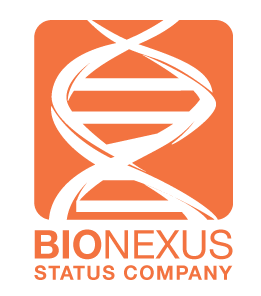TRACEABILITY AND BLOCK CHAIN TECHNOLOGY
Traceability of the biological material is compulsory in agriculture and plantation industry management, enhancing the food safety, improving operational efficiencies of the establishment and increasing profits. Traceability is the process of quality control evaluation and tracing material upstream and downstream of the value chain.
In any production facility, especially in the life science sector, where final products are living material or their parts, traceability of output products is very important. This can be realized by applying Standard Operating Procedures (SOPs), keeping effective input records, process, movement of material, and intermediate and output products labelling. Gain Green Development applies its own data traceability system from dish to the pot to the field.


Maintaining real-time data of different generations’ development through various growth stages can be challenging. For that reason, Gain Green Development is working towards block chain technology implementation to keep track of the product’s “lineage” and location through its lifecycle, from dish to the pot to the field. All the necessary information of a product development at different stages including the parent, type, variety, size, location etc. can be easily traced.
Block chain plays a crucial role in the evolving “trust economy”, in which the supply chain, from the tissue culture lab to nursery to the plantation, is very important. The trust between the different stakeholders and the interaction between block chain technologies reflects on the supply chain efficiency and can increase the traceability and reliability of information along the chain. The information contains accurate and verifiable records of every transaction made within the ledger in a block chain, and it can’t be deleted. The concept of monitoring supply chain processes and events allows to proactively identify problems and issues, which is crucial to ensure traceability and increase efficiency along the supply chain.


